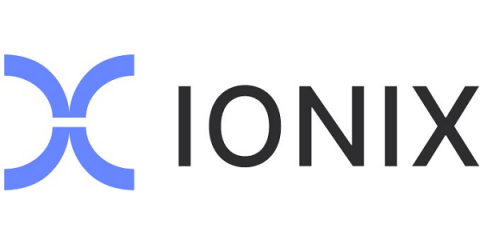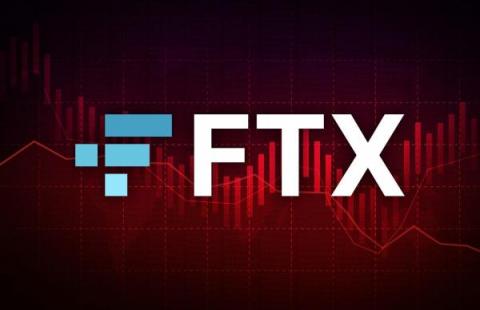Surfing the ASM Wave - Thoughts from Cyberpion's Newly Appointed CEO, Marc Gaffan
I’m thrilled to be partnering with Nethanel Gelernter and taking on the CEO role at Cyberpion. Several months ago, Liran Grinberg introduced me to Cyberpion to explore the possibility of joining the Board and helping the leadership team take the company to its next level of growth.





